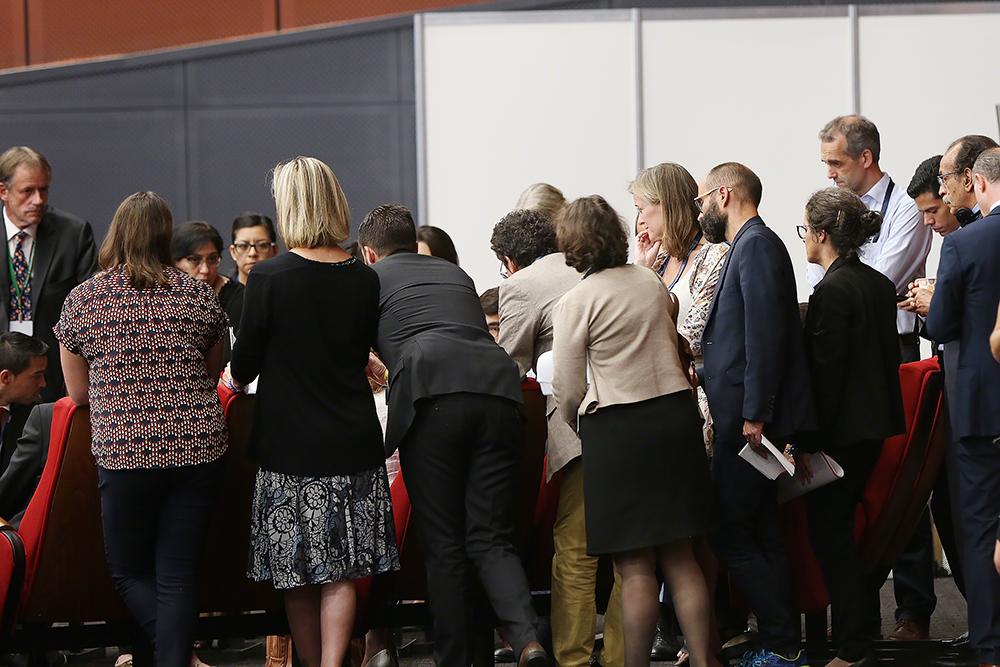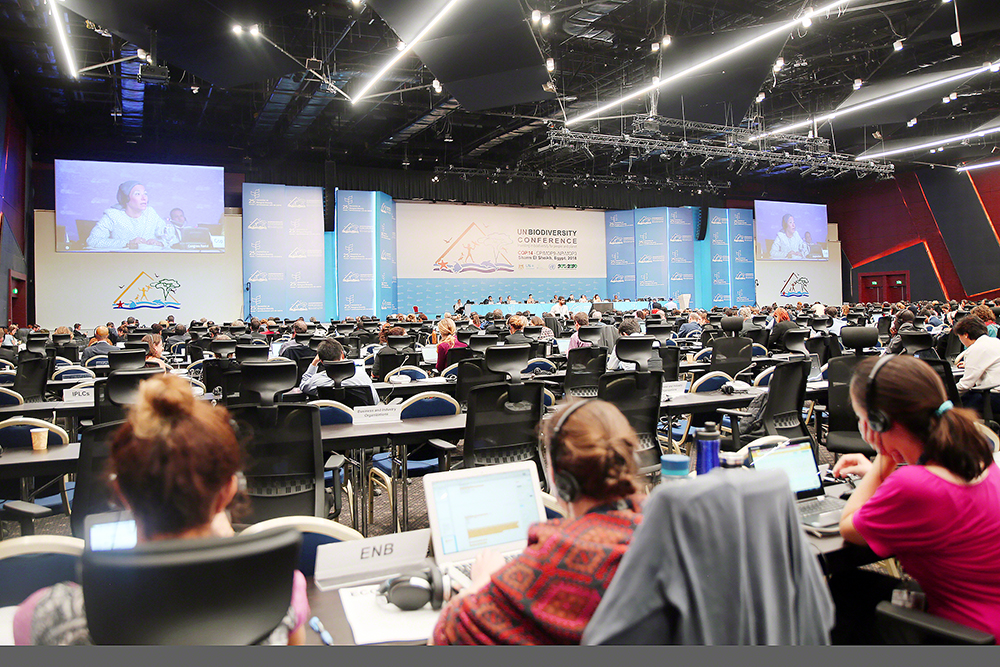The 2018 UN Biodiversity Conference of the Parties (COP14) closed on 29 November with broad international agreement on reversing the global destruction of nature and biodiversity loss threatening all forms of life on Earth. Amongst other things, the meeting agreed on a comprehensive and participatory process for developing the post-2020 global biodiversity framework, with an aim to safeguard nature and biodiversity for decades to come.
As the baton is handed over from Egypt to China – the next host of the UN Biodiversity Conference (COP15) in 2020 – the governments of both countries and the Secretariat of the UN Convention on Biological Diversity announced the launch of a Sharm El-Sheik to Beijing Action Agenda for Nature and People to catalyse, collect, and celebrate actions taken in support of biodiversity conservation and its sustainable use. A more sinister underlying message, however, is that humankind is currently on an unsustainable path that involves a continuing steep loss of biodiversity with cascading consequences for nature and for human society, including in the global economy, the availability of food and water, and human security, health and wellbeing.
To engage all sectors and stakeholders, a number of other announcements and decisions were made at the conference, including:
- A call for UN General Assembly to designate 2021 to 2030 as the UN Decade of Ecosystem Restoration
- A decision for a long-term strategic approach to mainstreaming biodiversity into sectors, including energy and mining, infrastructure, manufacturing and processing and health, with a view to contribute to the post 2020 process
- Voluntary guidelines on issues such as the design and effective implementation of ecosystem-based approaches to climate change adaptation and disaster risk reduction, and on integration of protected areas and other effective area-based conservation measures into the wider land- and seascapes
Progress on options to modify existing EBSA descriptions and identify new EBSAs was less conclusive. Parties were unable to agree on who should be allowed to modify EBSA descriptions or on an accepted process to do so.

GOBI now plans to take stock and formulate a strategy on how best to assist and inform the ongoing process of developing and helping to deliver the post-2020 global biodiversity agenda.


